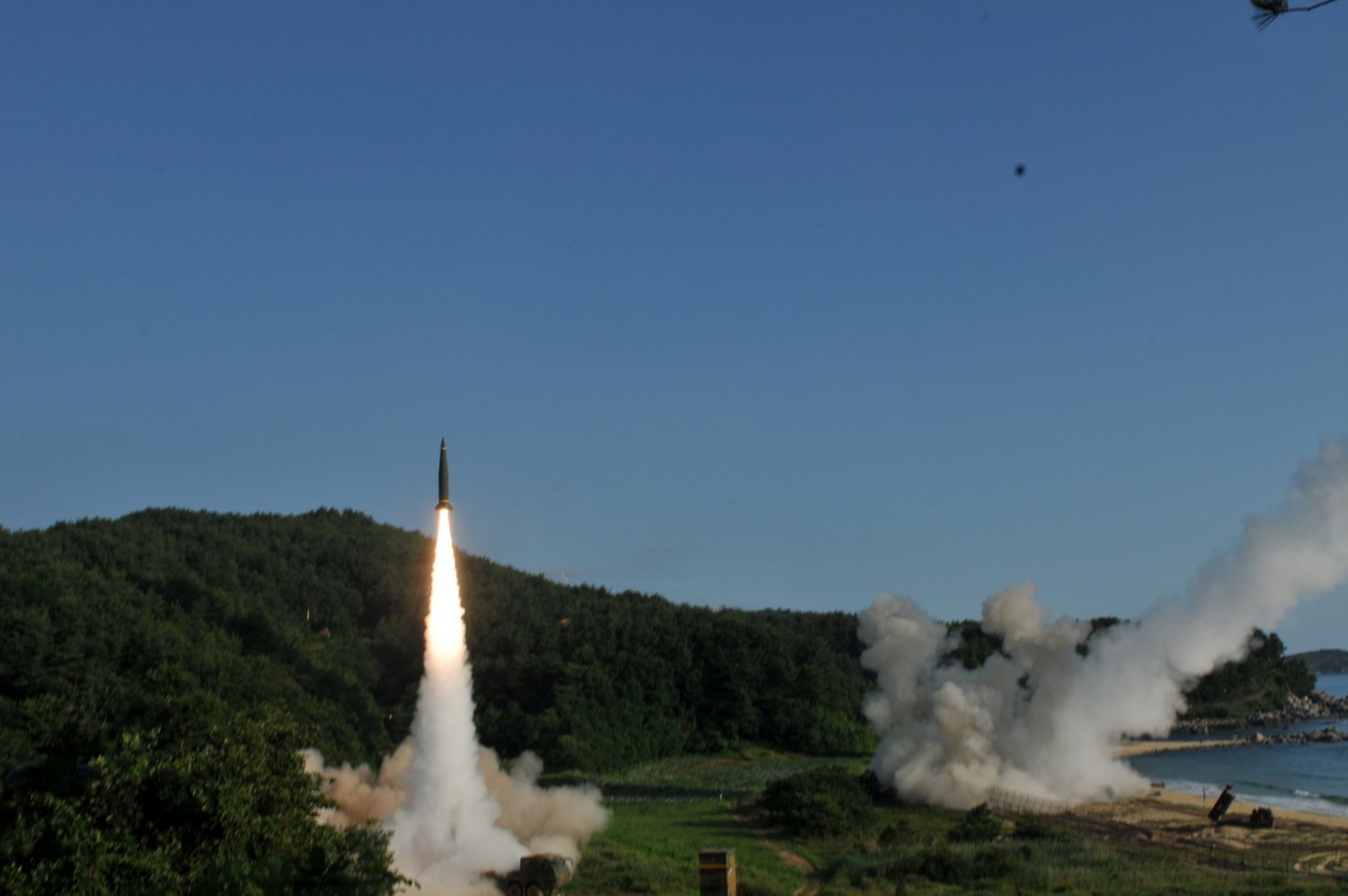Table of Contents
- 1 Critical turning point in US policy – Biden’s advisers are divided
- 2 ATACMS and how Putin will react
- 3 The US to Ukraine is likely to complicate negotiations with Russia. While it could empower Ukraine’s bargaining position, it may also provoke a harsher response from Russia, which could harden their stance in talks. Ultimately, this development may create a more volatile environment, making diplomatic resolutions more challenging.
President Joe Biden’s decision to allow Ukraine to strike targets deep inside Russian territory with US weapons came at a critical phase of the war.
Officially, the decision comes in response to Moscow’s decision to send North Korean troops to the Kursk front, the region of western Russia seized by the Ukrainians in August.
In fact, everything that is happening in Ukraine today is happening in light of Donald Trump’s arrival in the White House and the impending negotiation that will follow to end the war “within a day”, as he declares.
Critical turning point in US policy – Biden’s advisers are divided
Washington’s green light to use US long-range ATACMS missiles initially in the Kursk region is a critical policy shift on the part of the Americans – then it is believed that the Ukrainians may be allowed to use them elsewhere. Even President Biden’s advisers are divided.
Some believe that Kiev must be strengthened at all costs to sit more powerfully at the negotiating table as the outcome of the war in Ukraine will affect not only the security architecture of Europe but also global security since any Russian victory may open the appetite in other players, such as in China for Taiwan.
They believe that the use of US ATACMS missiles involves the US, and by extension NATO, in the war with the risk of provoking Russian retaliation. Obviously, the opinion of the former prevailed.
ATACMS and how Putin will react
Washington had allowed Kiev to use the US HIMARS missile system which has a range of 80 km to push back the Russian army which launched a new offensive against the Kharkiv region in May.
ATACMS missiles have a range of 300 km. Many believe that Moscow will not retaliate against ATACMS despite its rhetoric.
According to them, Washington is easily “intimidated” by Russian President Putin’s threats and this has created a disadvantage on the front for the Ukrainian army which could have made more gains if it had more support from the US.
Since August and the Ukrainian invasion of Kursk, the Ukrainian military has been struggling to cope on two fronts, the Russian front and the vast (in terms of length) eastern Ukrainian front.
Moscow’s decision to send 10,000 North Korean troops to Kursk may change the situation on the Russian front.
Trump has not made clear exactly how he will end the war “in one day,” but aides have said he will do so by letting each side keep the territory it holds at the time.
Kiev hopes it will sit at the negotiating table holding Russian Kursk so that it can exchange it for Russian-held Ukrainian territory in eastern Ukraine.
This is precisely what is intended to secure the green light for the use of American ATACMS missiles in this critical, rather final, phase of the war.
#critical #turn #Ukrainian #means #Putin #react
The US to Ukraine is likely to complicate negotiations with Russia. While it could empower Ukraine’s bargaining position, it may also provoke a harsher response from Russia, which could harden their stance in talks. Ultimately, this development may create a more volatile environment, making diplomatic resolutions more challenging.
Guest 1: Dr. Petro Sharovarov, International Relations Expert at Harvard University
Guest 2: Ambassador Alexei Melnik, Former Russian Diplomat
Section 1: Critical Turn in US Policy – Biden’s Advisors Divided
Guest Editor: Could you please explain the critical turning point in US policy regarding its decision to allow Ukraine to use long-range missiles against Russia? How did President Biden’s advisers’ opinions differ on this issue?
Dr. Sharovarov: President Biden’s decision to allow Ukraine to use long-range missiles against Russia represents a crucial policy shift by the United States. Some advisors believe that strengthening Ukraine’s military capabilities is essential to ensure its position at the negotiating table, considering the potential global implications of a Russian victory. They argue that any concessions made to Russia could embolden other actors, such as China, to challenge the international order. On the other hand, there are those who worry about the risks of further escalating the conflict and the potential for direct US involvement in the war. Ultimately, the former viewpoint prevailed.
Ambassador Melnik: President Biden’s decision to provide longer-range missiles to Ukraine has been met with mixed reactions from his advisors. The debate centers around the potential consequences of this action – both in terms of escalating the conflict and the impact it may have on future negotiations. There are concerns about the risk of Russian retaliation and how this could affect the broader security landscape. However, others argue that Ukraine must be empowered to defend itself effectively and that strategic support is necessary to achieve desired outcomes.
Guest Editor: How do you think this shift in US policy will affect the ongoing negotiations between Russia and Ukraine?
Dr. Sharovarov: This shift in US policy could strengthen Ukraine’s hand at the negotiating table as they now have access to more advanced weaponry. It also sends a clear message to Russia that the US recognizes the need for Ukraine’s military capabilities to be strengthened. However, it could also lead to increased tensions between key international powers and potentially make it harder for both sides to find common ground.
Ambassador Melnik: The provision of longer-range missiles by


